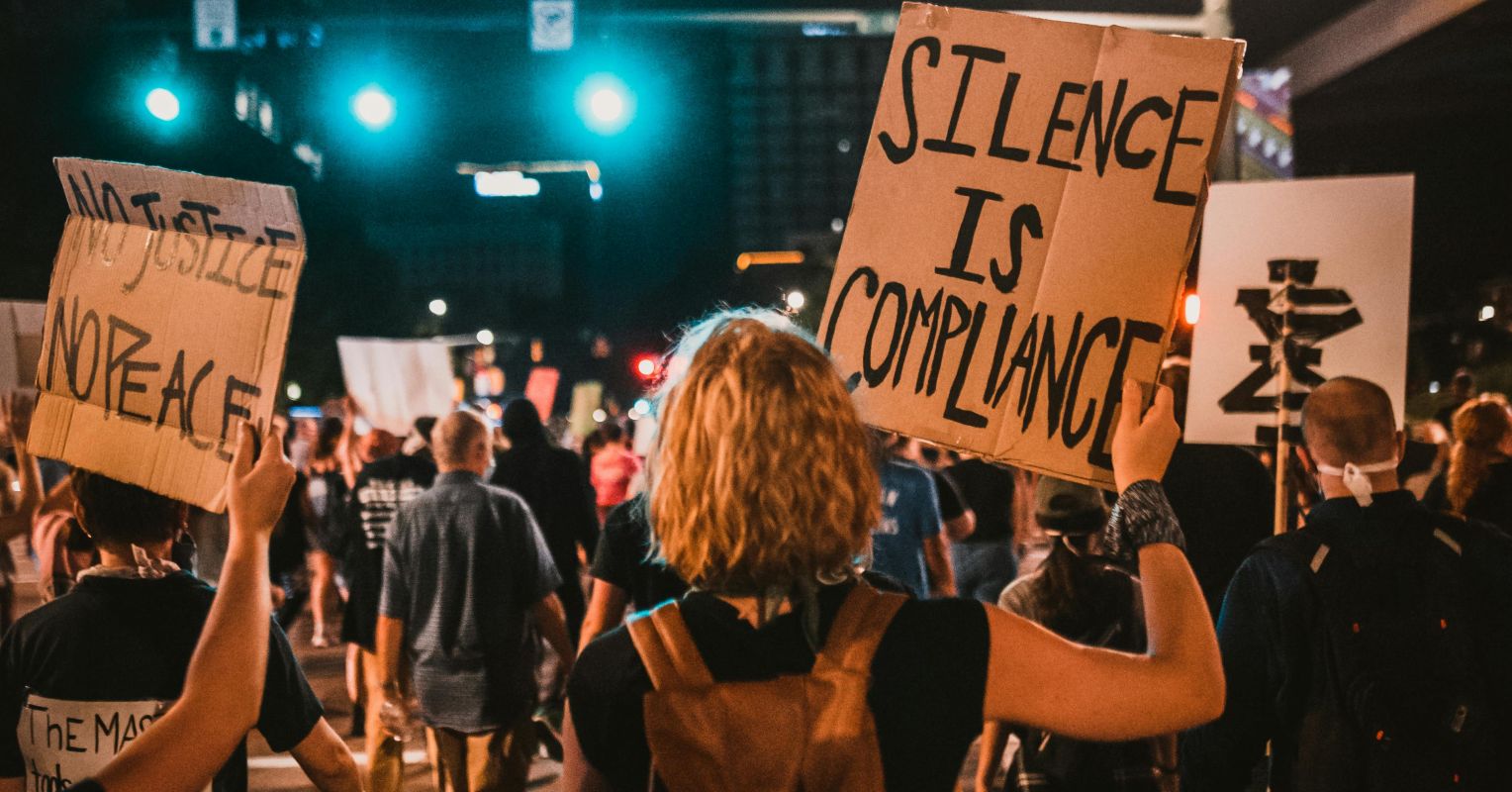
"Freedom of speech is sacrosanct, so is freedom not to listen. Calling attention to something differs from coercing attention. Smart protests appeal to the basic humanity of those whose behavior they seek to change."
"While freedom of speech is sacrosanct, so is the freedom not to listen. Most protests preach to the choir. The backlash against protests can prolong conflict."
"We minimize or ignore the negative effects of our behavior on others when we judge behavior by intentions. Hell is paved with good intentions."
"The fundamental attribution error leads us to attribute others' behavior to their character while evaluating our own based on intentions, prompting inconsistencies."
Protests and freedom of speech are fundamental rights, but they must respect the freedom not to listen. Historical comparisons show that protests often echo sentiments from the past, yet they frequently target sympathetic audiences rather than those they aim to influence. The backlash can inadvertently prolong conflicts. Evaluating behavior solely based on intentions can obscure the negative impact on others. The tendency to misinterpret behaviors is compounded by the fundamental attribution error, leading to inconsistent evaluations of oneself and others.
Read at Psychology Today
Unable to calculate read time
Collection
[
|
...
]